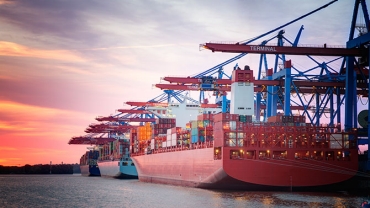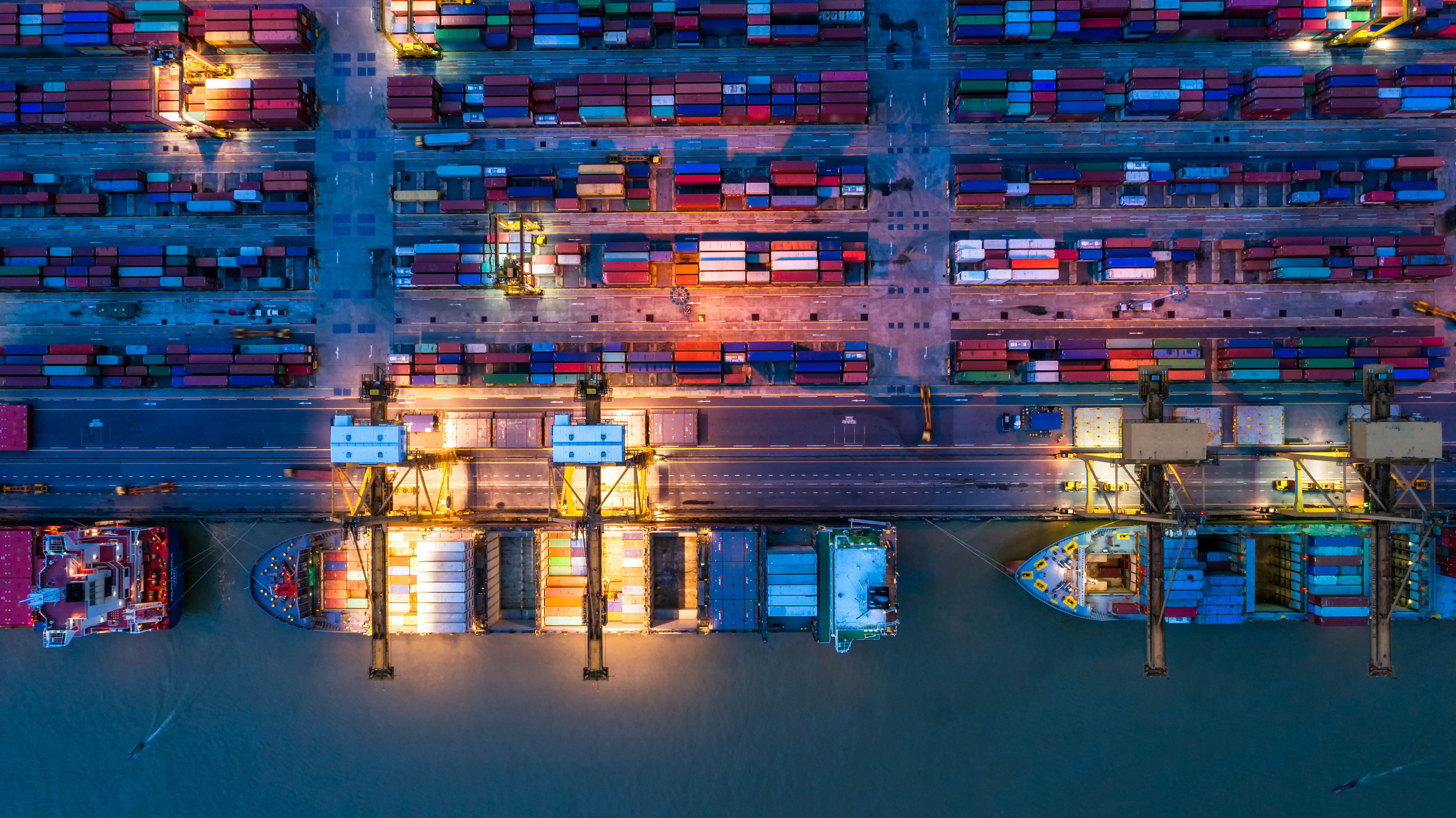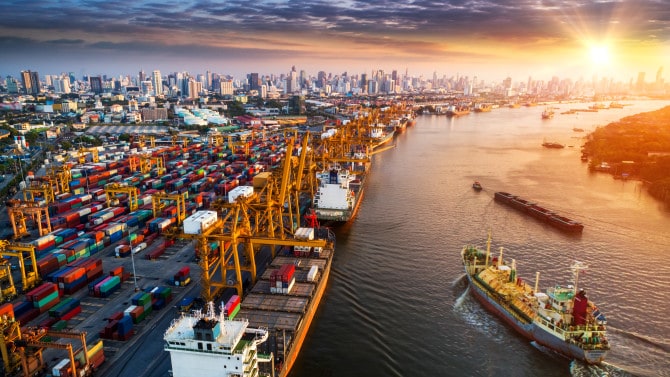
The COVID-19 outbreak has been causing a huge impact on people’s lives, families and communities. As the international response continues to develop, organisations are operating in uncharted waters. Critical information on the characteristics of this new virus and its impacts on the global business activity are difficult to assess and are changing overnight.
In these unprecedented times, the ability of shipping services to continue undisrupted to transport food, energy and medical supplies across the continents will play a critical role in overcoming this pandemic. Shipping companies will need to become agile and adaptable to this changing situation, and focus on building effective response strategies and plans.

Shipping operations face new challenges
- On board safety
- Crew
- Supplies
- On board inspections
- On shore support
On board safety
Crew must prevent at any cost an infection from being transferred on board
and should bear in mind that depending on the vessel’s location, there may
be limited medical support in case of an incident.
Crew
Due to travel restrictions, crew is likely to be unable to travel to join a vessel
or be repatriated following the completion of their contract.
Supplies
There are difficulties in finding medical and other supplies for the vessel and its crew
as well as likely a shortage in mechanical and electronic parts for vessels.
On board inspections
At many ports, specialised staff such as inspectors are restricted from accessing vessels
and thus conducting the legally required inspections (safety, environmental, training, etc.)
and other operations may be severely disrupted.
On shore support
As head offices, ports and shore authorities operate with emergency staff or remotely,
vessels will likely experience delays as well as reduced levels and quality of support from shore.
Senior management should now be focused on a Response Strategy Plan and ensure that this plan is capable of keeping the lights on today, in the weeks and the months ahead.

A Response Strategy Plan requires first of all planning for the worst case scenario, that is how the crisis will evolve over time, which is the baseline to work out, what will be the biggest possible impact for the organisation. For example, does management expect that government measures will manage to contain the virus spread? Which locations are likely to come on line and back to business first? How soon does management expect that travel and people-gathering restrictions will be lifted? Does management expect the virus-spread to worsen in countries which are key to their supply chain or the regions in which it operates? The evaluation of the worst case scenario is an ongoing process as the crisis continues to evolve and new insights and facts will become available.














